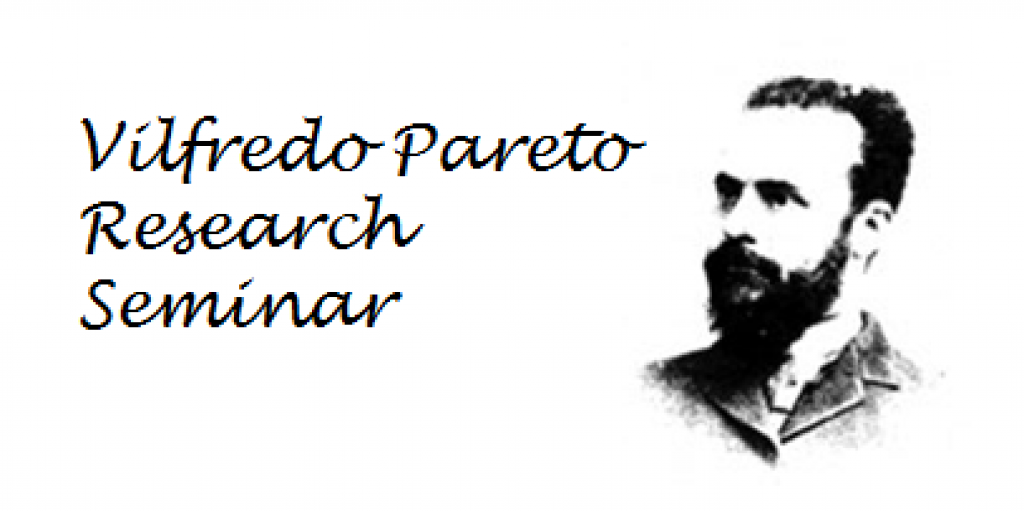Abstract
This paper studies firms’ joint decision to innovate and become a multinational. Using a panel data of Spanish firms with detailed information on innovation and international activities we show that innovation is a lumpy and disruptive process: it occurs sporadically and is followed by an immediate drop in productivity. We incorporate this technological feature into a continuous-time stochastic model and derive novel empirical predictions: (1) Firms that eventually become multinationals innovate more often than those that remain domestic. (2) The headquarter unit is more likely to innovate after becoming a multinational. (3) Although in the cross-section multinational firms are more productive than domestic firms, productivity in the headquarter drops immediately after becoming a multinational. These predictions are confirmed empirically and highlight how the option of investing in foreign markets and the actual foreign investment both stimulate domestic innovation.
Dr Veronica Rappoport
is an Associate Professor in the Management Department at the London School of Economics and Political Science (LSE), a Research Fellow at the Center for Economics Performance (CEP) and the Center for Economic Policy Research (CEPR). Prior to joining the LSE in 2012, she was an Assistant Professor in the Economics and Finance Department at Columbia Business School. She obtained her PhD in Economics from the Massachusetts Institute of Technology in 2005. Her research is on international economics and finance. The unifying theme of Veronica’s research agenda is the participation of firms in global markets in its multiple dimensions: their usage of credit, their innovation decisions, and their strategies for internationalization. She has publications on those topics in top academic journals as the Review of Economic Studies, the Journal of International Economics, the Journal of Monetary Economics, and Management Science. Veronica has taught MBA courses on “Global Economic Environment” as well as master courses on “Business in the Global Economy” and “The World Trading System”.




